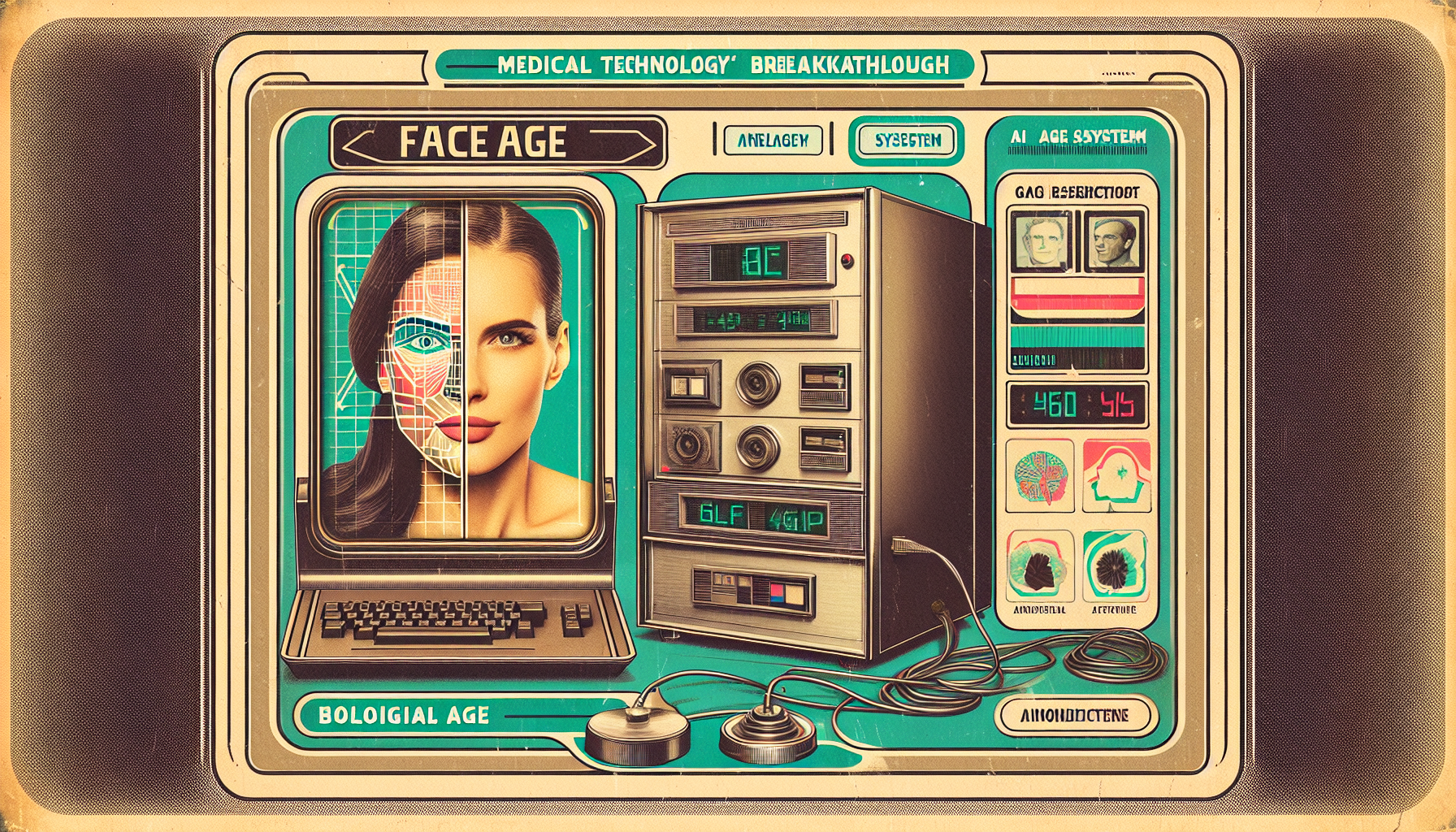A remarkable breakthrough in medical technology has emerged through an artificial intelligence tool called FaceAge. This innovative system can estimate a person’s biological age simply by analyzing a photograph of their face. Unlike chronological age—which is determined only by date of birth—biological age reflects how quickly someone is aging inside their body. FaceAge’s abilities signal a new era in personalized medicine and cancer care.
The Science Behind FaceAge
Developed by researchers at Mass General Brigham, FaceAge is powered by deep learning. Its intelligence comes from being trained on nearly 59,000 photographs of individuals assumed to be in good health. The algorithm “learned” to assess subtle changes in facial features—like skin texture, wrinkle patterns, and facial structure—to estimate a person’s true biological age.
What FaceAge Reveals about Cancer Patients
FaceAge was tested on over 6,000 cancer patients from hospitals in the United States and the Netherlands. The results were striking. On average, these patients appeared around five years older biologically than their chronological age. This older biological age was not just a number. It strongly predicted poorer survival rates across several types of cancer. In other words, the more aged a person looked biologically, the greater their risk of a worse outcome.
Even more compelling, patients whose FaceAge was lower than their actual age generally did better after receiving cancer treatments. These findings suggest that FaceAge could help guide doctors in understanding which patients might benefit most from certain therapies.
Exceeding Human Judgment
While experienced physicians have long used their judgment to estimate how sick a patient is, FaceAge has shown it can do even better—especially in challenging situations. In one study, ten clinicians were asked to predict which cancer patients receiving palliative radiotherapy would survive for several months, using only facial photographs. Their guesses were, for the most part, little better than random chance.
However, their accuracy improved significantly when they were given clinical information—and even more so when they saw the biological age estimates produced by FaceAge. This suggests that AI, working alongside physicians, can provide a more accurate and objective assessment in critical care decisions.
Insights Beyond Appearance
FaceAge’s power lies not only in looks. The algorithm’s estimates of biological age have been linked to key molecular processes that regulate how our cells age, including cell-cycle control and senescence (the process cells undergo as they stop dividing and age). This connection supports the idea that FaceAge is unveiling deep, genuine markers of health that are otherwise invisible.
Therefore, the reach of FaceAge is not limited to cancer or even serious illness. There is growing hope that such AI tools will enable the discovery of new, easily accessible biomarkers—medical clues hidden in daylight that could support the early detection and better management of many chronic conditions.
The Path Forward
The results of the FaceAge studies were shared in the respected journal The Lancet Digital Health. As Dr. Hugo Aerts, a senior author on the study, expressed, “a simple selfie contains important information that could help to inform clinical decision-making and care plans.” This underscores how FaceAge could give doctors a powerful, non-invasive way to assess patient health and develop more person-centered treatment strategies.
Key Points
| Tool Name | FaceAge |
|---|---|
| Developed By | Mass General Brigham (AI in Medicine program) |
| Training Data | 58,851 photos of healthy individuals |
| Patient Test Set | 6,196 cancer patients from US and Netherlands |
| Biological vs. Chronological Age | Cancer patients appeared 5 years older biologically than by age |
| Clinical Utility | Predicts survival outcomes; improves decision-making over human judgment |
| Molecular Correlation | Linked to cellular aging processes |
| Publication | The Lancet Digital Health |
| Broader Implications | Opens new pathways for discovering health biomarkers from facial photos |
FaceAge stands as a testament to how the union of AI and routine data—like a simple photo—can lead to remarkable medical insights. By transforming accessible images into meaningful health information, tools like FaceAge promise a future where patient care is more personal, precise, and effective.

Leave a Reply